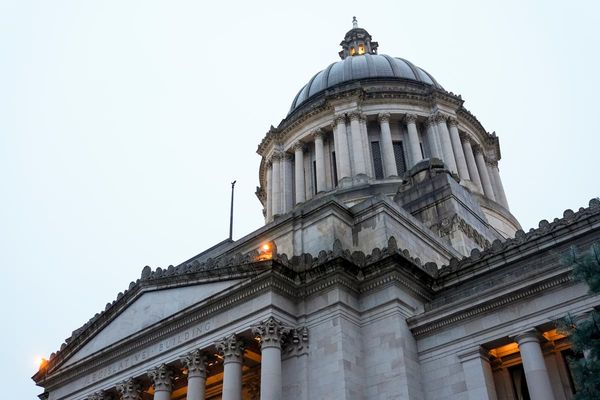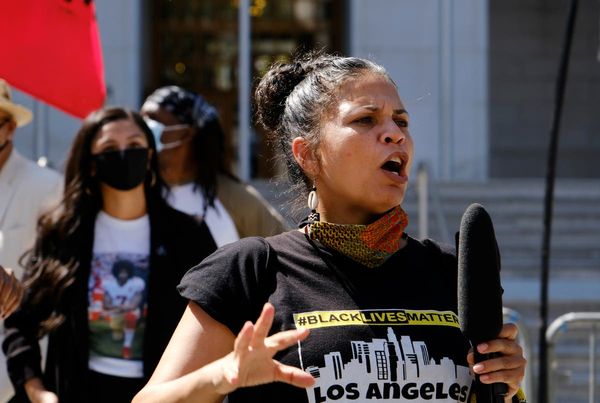
Striking new aerial photographs of an uncontacted tribe in the Brazilian Amazon highlight the importance of protecting their territory from the growing threat of illegal mining, according to indigenous rights campaigners.
The images – which show the tribe members inside a circular communal structure, known as a maloca – were taken in the Yanomami Reserve near the border with Venezuela, and are the clearest yet of the apparently healthy, growing community of Moxihatetema, who had not been seen for more than a year.
The tribe – one of three Yanomami groups in the area that are monitored remotely after shunning approaches from outsiders – were a source of concern after they went missing at a time of increasing invasions by garimpeiros, or illegal miners.
But relief at finding the tribe has survived is mixed with worry that they have moved even closer to the miners, who bring diseases, contaminate water sources with mercury and often carry – and use – guns. There have been several murderous clashes in the past, most notoriously the Haximu massacre of 1993 when gold miners slaughtered 16 Yanomami and burned their communal house to the ground.
The images of the community were taken in September during aerial surveillance of illegal miner camps. This was preliminary work for a major army and police operation, which is still under way, to remove the estimated 5,000 illegal miners in Yanomami territory.
Fiona Watson of Survival International said the good news from the new pictures was that the Moxihatetema had two more thatched panels than in the past, which suggested they have grown by a couple of families since the communal house was moved.

The bad news is that protection by the authorities is diminishing as a result of budget cuts. The National Indian Foundation (best known by its Brazilian acronym Funai), which is responsible for indigenous land, has been hit harder than other areas of government by the austerity measures introduced by Brazil’s president, Michel Temer.
“Funai closed its field base in this region last year, effectively abandoning the Moxihatetema to their own fate,” said Watson. “We are urging for funding for the uncontacted and recently contacted Indians department in Funai to be increased or at least maintained.”
Conservation of indigenous territory has taken on growing international importance, following studies that show how cost-effective this can be to reduce carbon emissions from deforestation.
But there are fears that Brazil is moving in the opposite direction as a result of recession and a congress that is hostile to indigenous rights. This year Funai’s budget was reduced by 37.7%; congress is now debating further cuts in 2017 that will reduce it to 110m reais ($32m) – the lowest it has been in the past 10 years.
The Yanomami fear they may be abandoned. Without stable funding, there is a high risk that the illegal miners will return.
Davi Kopenawa Yanomami, president of the Yanomami association Hutukara, called on President Temer to recognise the threat posed by the illegal miners.
“I don’t think the president realises the dangers we face,” he told the Guardian. “The Moxihatetema are at great risk. But it is not just them. It is all the Yanomami people in the region. There are more garimpeiros every year. They do not respect our territory. The government must do more to prevent them from invading our land.”







